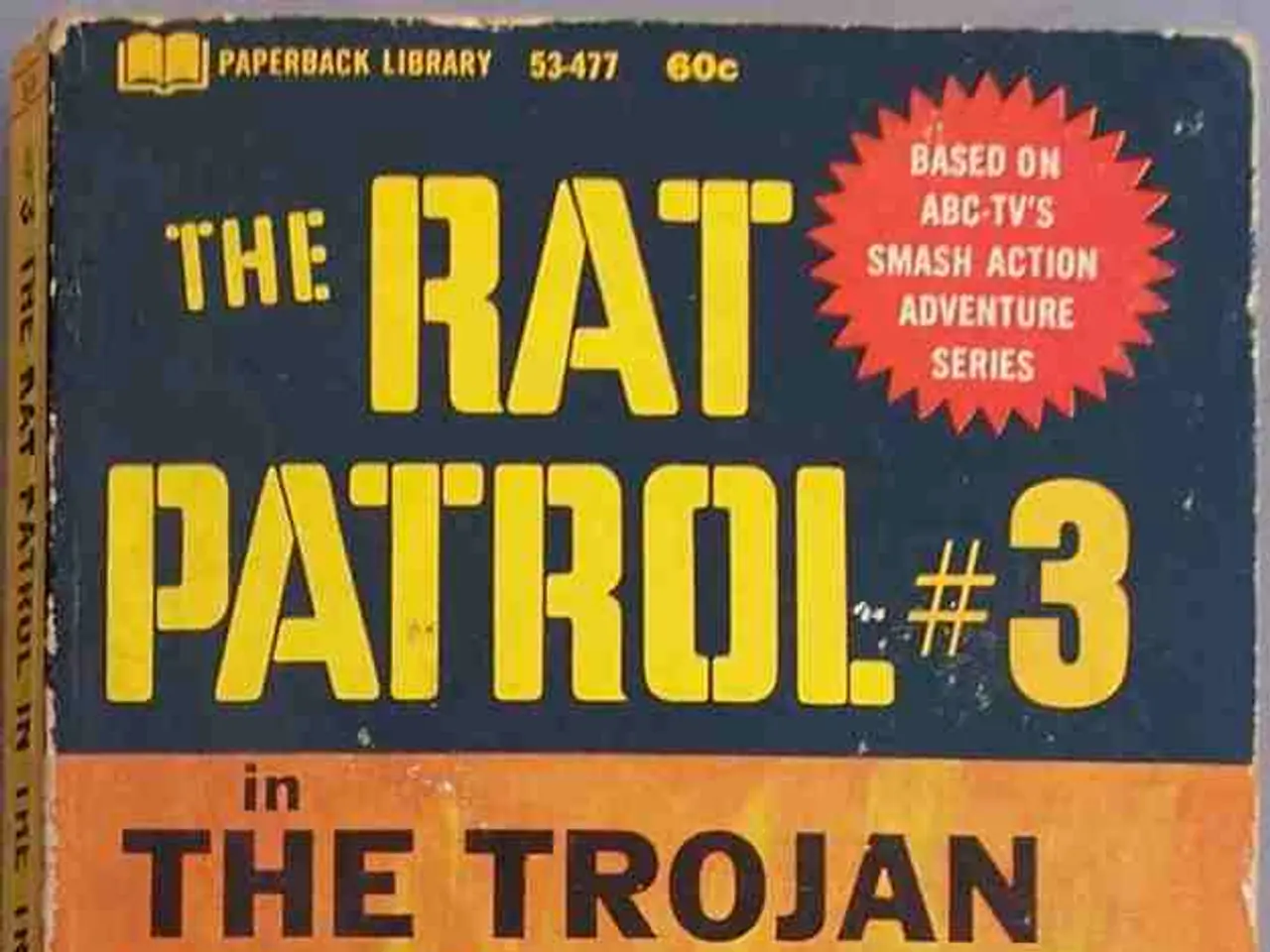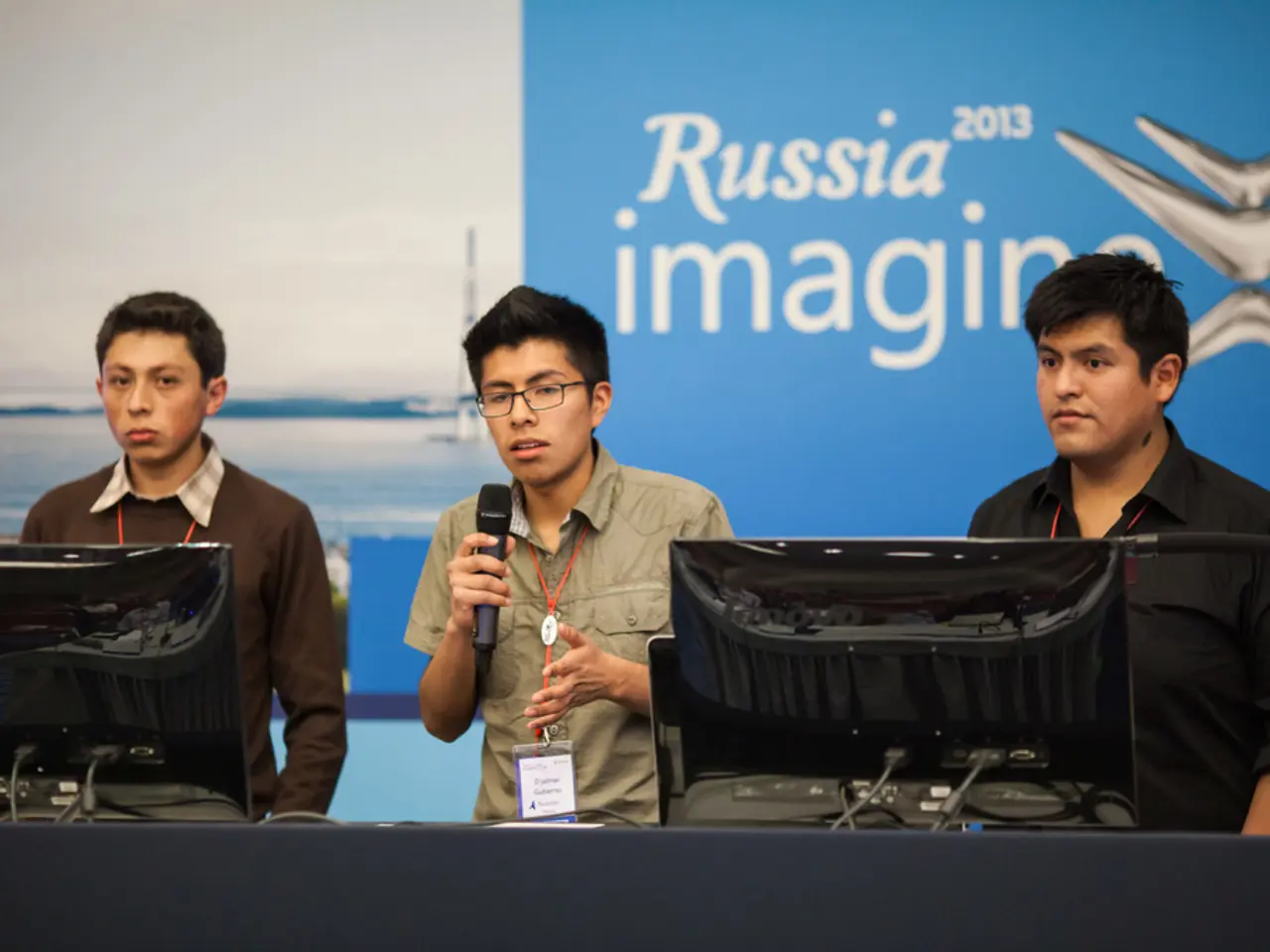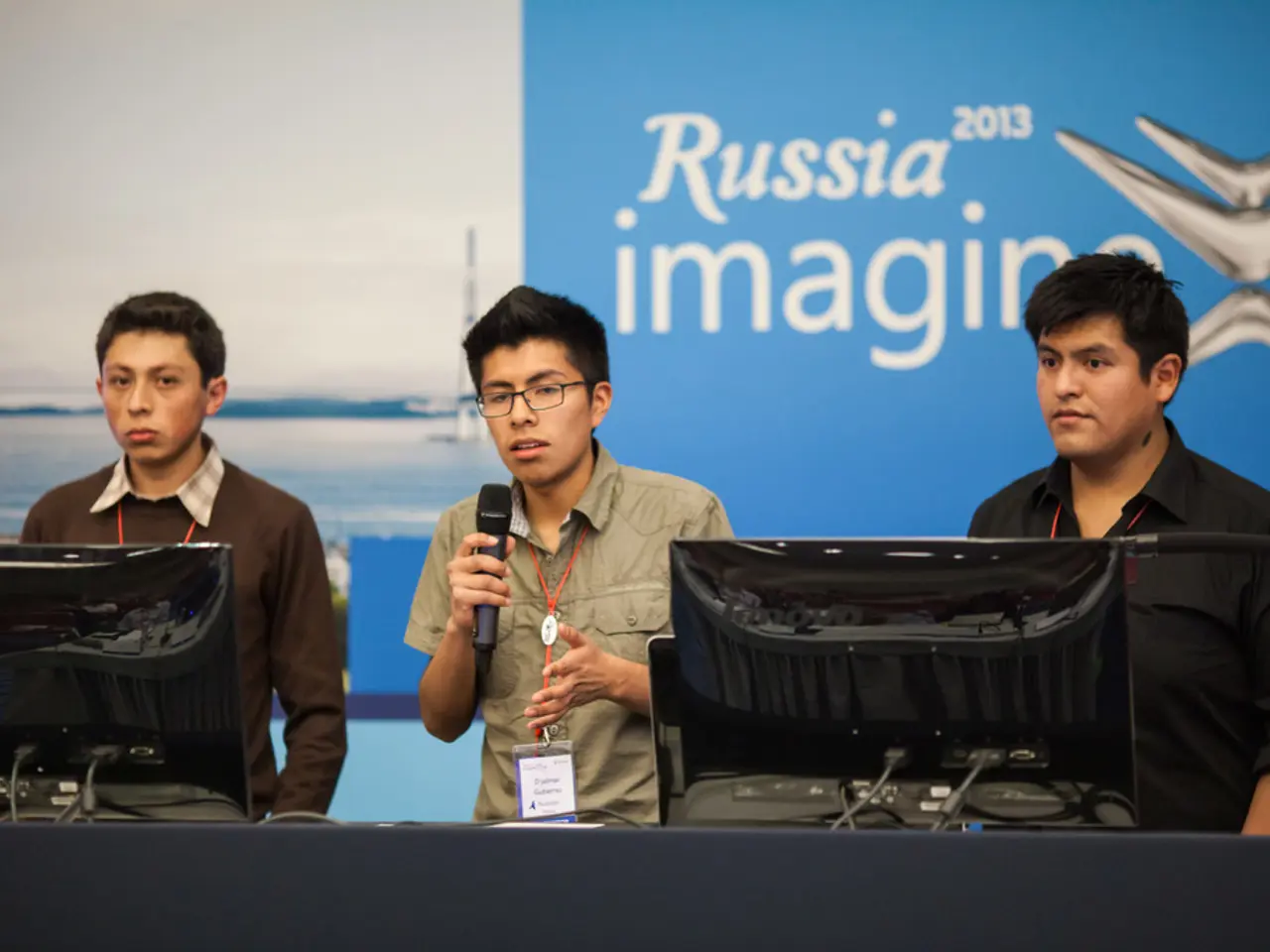Army veteran from Los Angeles, honored with Purple Heart, voluntarily relocates to South Korea amidst impending forced removal
A Korean-born man who lived in the US, served in the Army, and was honored with a Purple Heart has returned to South Korea after facing potential detention and deportation. Sae Joon Park, formerly known as Jimmy, made the tough decision to leave the country he'd called home for decades amidst increasing immigration crackdowns.
Born and raised in Van Nuys, Park earned his Purple Heart during a military operation in Panama, but his post-war struggles led to drug convictions. Despite this, Park feels his actions were a response to the PTSD he suffered following the Panama invasion.
This isn't a story of a criminal being kicked out, though, but of an Army veteran who had the opportunity to become a US citizen after his service. Unfortunately, due to his drug-related convictions, his green card meant less than he thought, and he now faces a 10-year ban from returning to the country he's spent most of his life in.
In the US, veterans who have served honorably for a year or more can become citizens through a special naturalization process. However, the rules for this process can be complex, and Park's case highlights the need for greater understanding and support for veterans who struggle after their service is over.
Park turned to drugs as a means of coping with his PTSD, and his struggles took a toll on his life. After living in Hawaii and New York City, he was sentenced to prison and faced deportation orders. Despite this, he managed to maintain custody of his two children and care for his ailing mother until immigration agents forced him to self-deport this week.
As more immigrants find themselves in similar situations, they are choosing to leave voluntarily rather than face potential humiliation and loss of their families. Even in progressive states like California, the fear of being forcibly removed and separated from loved ones is becoming a reality for many non-citizens.
It's clear that the current immigration policies are having a profound impact on families and communities across the country. As the situation continues to evolve, it's crucial that we take a closer look at those affected and work to find more compassionate and inclusive solutions.
Original Purple Heart recipient Jimmy Park now faces an uncertain future, having been forced to return to the country he left as a child. The US could have honored his service and made him a citizen, but instead, he found himself on the wrong end of immigration policy. We should ask ourselves if this is the kind of country we want to be.
Military Naturalization Eligibility:
To naturalize as a US citizen, military applicants must have:
- At least one year of honorable military service, which doesn't have to be consecutive.
- Be 18 years or older.
- Residency and physical presence requirements may be waived or modified for military applicants.
- Applied for citizenship as soon as they receive their green card.
- The standard Form N-400 fee is waived for military applicants.
- They must file Form N-426, Request for Certification of Military or Naval Service, which must be signed by a US military official.
- Their discharge must be honorable (the definition of honorable has been broadened to include uncharacterized discharges).
- Applied within six months of discharge if they are no longer active duty.
These rules aim to recognize and reward military service with an expedited and fee-exempt path to US citizenship, reflecting the country's appreciation for service members' contributions.
- Jimmy Park, a Korean-born man who served in the US Army and was honored with a Purple Heart, now resides in South Korea due to potential detention and deportation difficulties, having left the country he considered home for decades.
- Sae Joon Park, formerly known as Jimmy, was born and raised in Van Nuys, California, and earned his Purple Heart during a military operation in Panama.
- After facing drug-related convictions, Park, who was eligible to become a US citizen after his service, now faces a 10-year ban from returning to the country he's spent the majority of his life in.
- In the US, veterans who have served honorably for a year or more can become citizens through a special naturalization process, yet the rules can be complex, and Park's case emphasizes the need for better understanding and support.
- The current immigration policies in the US are affecting families and communities on both coasts, such as California, where more immigrants are choosing to leave voluntarily to avoid forced removal and the separation from their loved ones.
- The General-News section of Los Angeles's daily publication, USC's Crime-and-Justice supplement, recently featured the story of Jimmy Park, highlighting the tough decisions that some veteran immigrants are forced to make due to immigration policy and criminal records.






